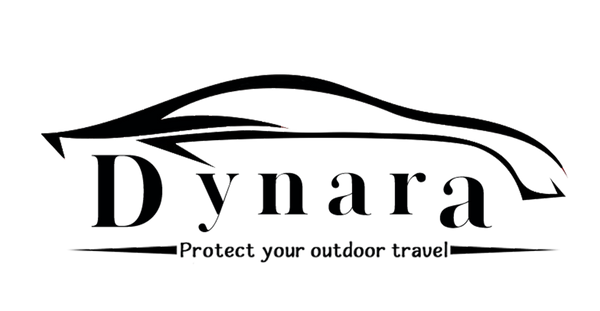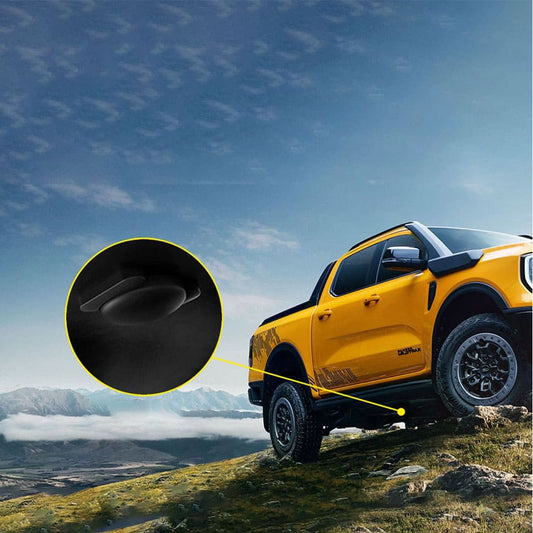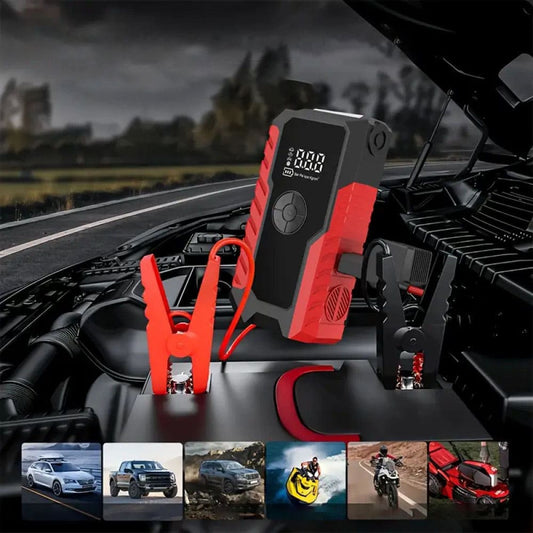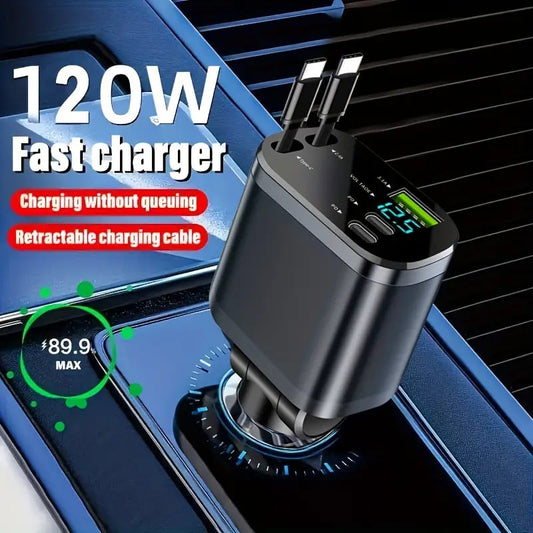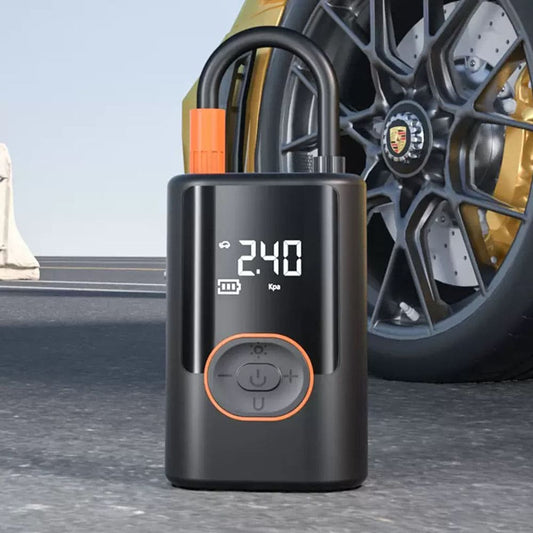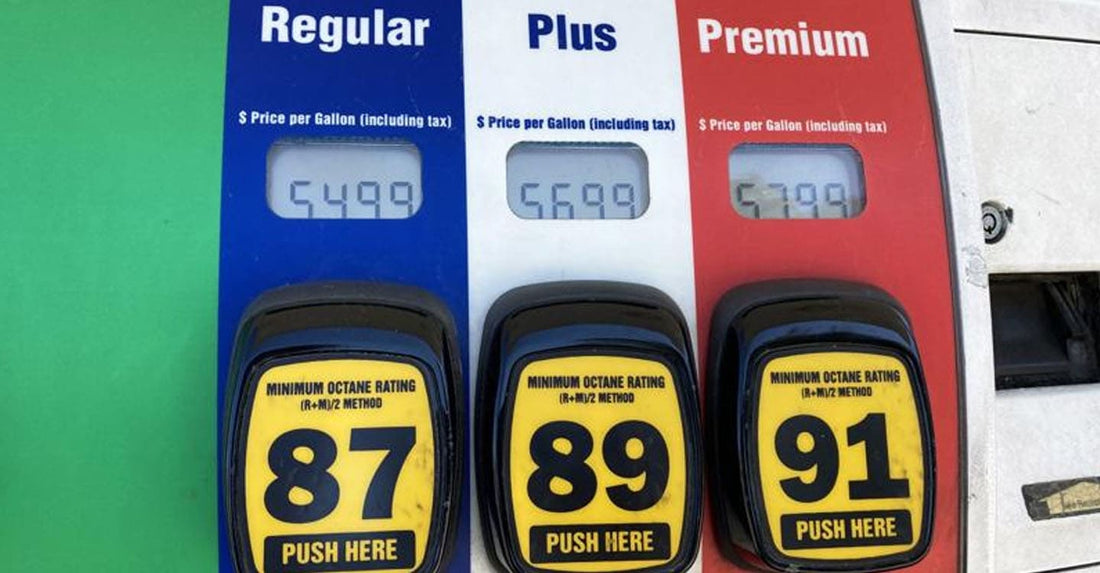
Understanding the Different Types of Gasoline: What’s Best for Your Car
Share
When it comes to keeping your vehicle running smoothly, choosing the right type of gasoline is crucial. With options ranging from regular unleaded to premium gasoline, and even flex-fuel, it’s essential to understand the differences. At Dynara, we aim to make sure you have all the necessary information to make the right fueling choice for your car.
What Is the Octane Rating, and Why Is It Important?
The octane rating measures how resistant fuel is to premature ignition. This resistance prevents engine knocking or pinging, which can damage the engine over time. A higher octane rating indicates that the fuel can withstand higher compression before igniting.
Here’s what you should know:
Regular Gasoline (87 octane): Suitable for most vehicles, this is the most cost-effective option.
Midgrade Gasoline (89 octane): A balanced choice between regular and premium, often found in vehicles that require a bit more performance.
Premium Gasoline (91-94 octane): Required for high-performance engines and luxury vehicles that have higher compression ratios.
At Dynara, we recommend checking your car’s owner’s manual to ensure you’re using the proper octane fuel for your vehicle's engine needs.
MORE: Car Tires Guide: Everything You Need to Know
What Type of Gas Should You Use for Your Car?
Choosing the correct fuel is vital for your car’s engine performance and long-term health. Dynara always advises following the manufacturer’s instructions, as outlined in your car’s owner’s manual.
Here’s a quick guide to help:
Regular Unleaded: Most vehicles operate efficiently with regular unleaded gasoline (87 octane). Using anything higher than this in a standard vehicle doesn’t typically yield significant benefits but could cost you more at the pump.
Premium Gas: If your vehicle requires high compression, such as turbocharged engines or sports cars, premium gasoline (91-94 octane) is necessary. Failure to use the correct fuel can cause engine knocking and reduced performance.
Flex-Fuel Vehicles: Vehicles designed for flex-fuel, such as those running on E85, a mixture of 85% ethanol and 15% gasoline, offer more flexibility at the pump. However, make sure your car is equipped to handle this type of fuel.
Remember, using fuel not specified by the manufacturer can lead to costly repairs and potential warranty issues.
MORE: Tested: The Best Portable Jump Starters of 2025
Does Premium Gas Really Make a Difference?
Many drivers mistakenly believe that filling up with premium gasoline improves performance in all cars. The truth is, premium gas is only necessary for high-performance engines that require it. In fact, most regular vehicles will not benefit from higher octane fuel, meaning you’re just spending extra money at the pump without any noticeable difference.
At Dynara, we suggest that unless your car specifically calls for premium gas, you should stick with regular unleaded to save on fuel costs.
What About Flex-Fuel and Ethanol-Free Gas?
E85 (Flex-Fuel): For those who drive flex-fuel vehicles, E85 is a cost-effective fuel option made of ethanol. This alternative fuel can save money but should only be used in cars designed to handle it.
Ethanol-Free Gasoline: Known for better fuel efficiency, ethanol-free gasoline is often preferred by owners of classic cars and small engine equipment. While more expensive, this type of fuel can help avoid engine issues caused by ethanol-blended fuels.
MORE: Enhance Your Driving Experience with the Wireless Car Tire Inflator
Why Do Gas Prices Vary?
Gasoline prices fluctuate due to several factors, such as seasonal blends, oil supply, and demand. The octane rating also affects the price, with higher-octane fuel costing more at the pump due to additives that increase production costs.
At Dynara, we understand that these price variations can be confusing. That's why we recommend checking your vehicle’s needs carefully before choosing a fuel type. Higher prices don’t always mean better performance for your car.
How to Avoid Mistakes at the Pump:
Fuel mix-ups, like putting diesel in a gas-powered car, can be costly. Here are a few tips to avoid mistakes:
Check the Fuel Cap Label: Many vehicles include labels near the fuel cap that specify the recommended fuel type. Make sure to double-check before you fill up.
Look for Visual Cues: Diesel fuel pumps are typically marked with green handles and larger nozzles that won’t fit into a regular gasoline tank.
Smell Test: Diesel has a distinctive smell similar to kerosene, while gasoline has a more paint-thinner-like aroma. This simple test can help you confirm the type of fuel before you pump it.
Why Using the Right Fuel Is Essential
Fuel plays a crucial role in maintaining your car’s engine health and performance. Choosing the wrong type of gasoline can lead to:
Knocking and Pinging: Lower-octane fuel in high-performance vehicles can cause engine knocking, which can lead to long-term damage.
Reduced Fuel Efficiency: Using the wrong fuel can result in poor fuel economy and increased maintenance costs.
Void Warranties: Some vehicle warranties may be voided if the incorrect fuel type is used consistently.
At Dynara, we emphasize the importance of using the correct fuel to prevent costly repairs and maintain optimal performance.
MORE: Car Warranty Guide: What You Need to Know for Your Vehicle Protection
Final Thoughts: Making the Right Fuel Choice
Fueling your car may seem like a straightforward task, but understanding the types of gasoline and their proper uses is essential for both performance and cost-efficiency. At Dynara, we recommend that you always check your vehicle’s requirements before filling up. Following your car’s guidelines will help ensure its engine operates smoothly, saving you money in the long run and preventing unnecessary repairs.
By following these guidelines, you’ll ensure that your vehicle runs efficiently, safely, and economically. Whether you’re filling up with regular unleaded or using premium gas for a high-performance engine, making the right choice at the pump is key to your car’s health.
